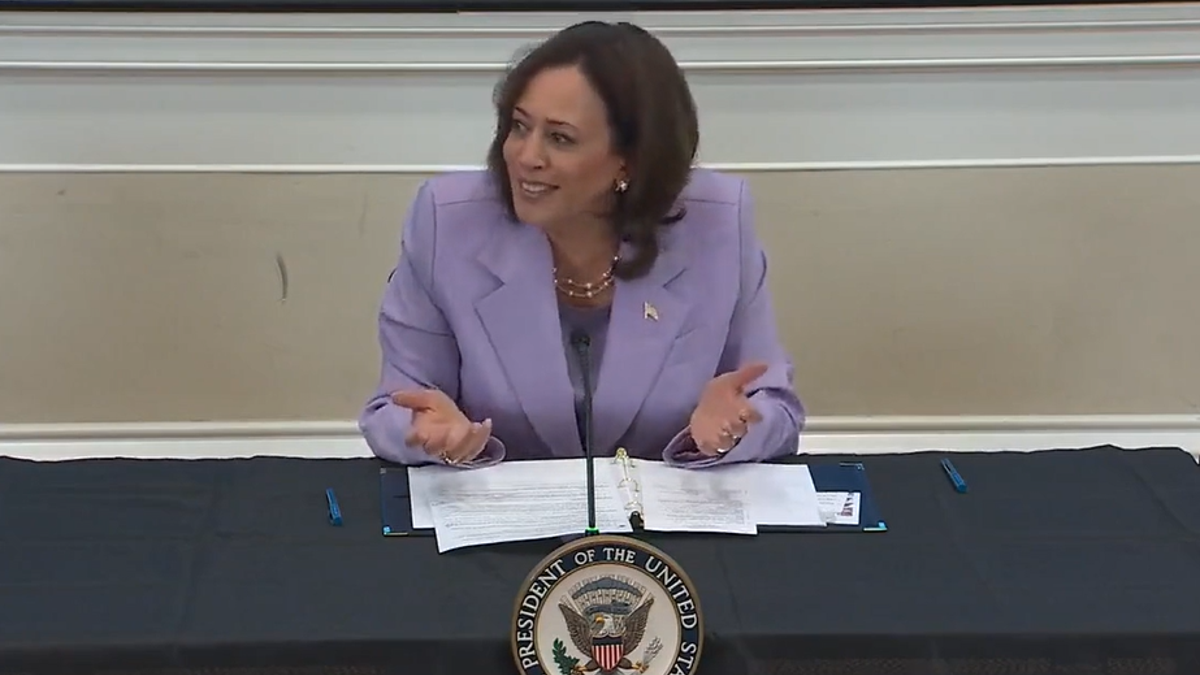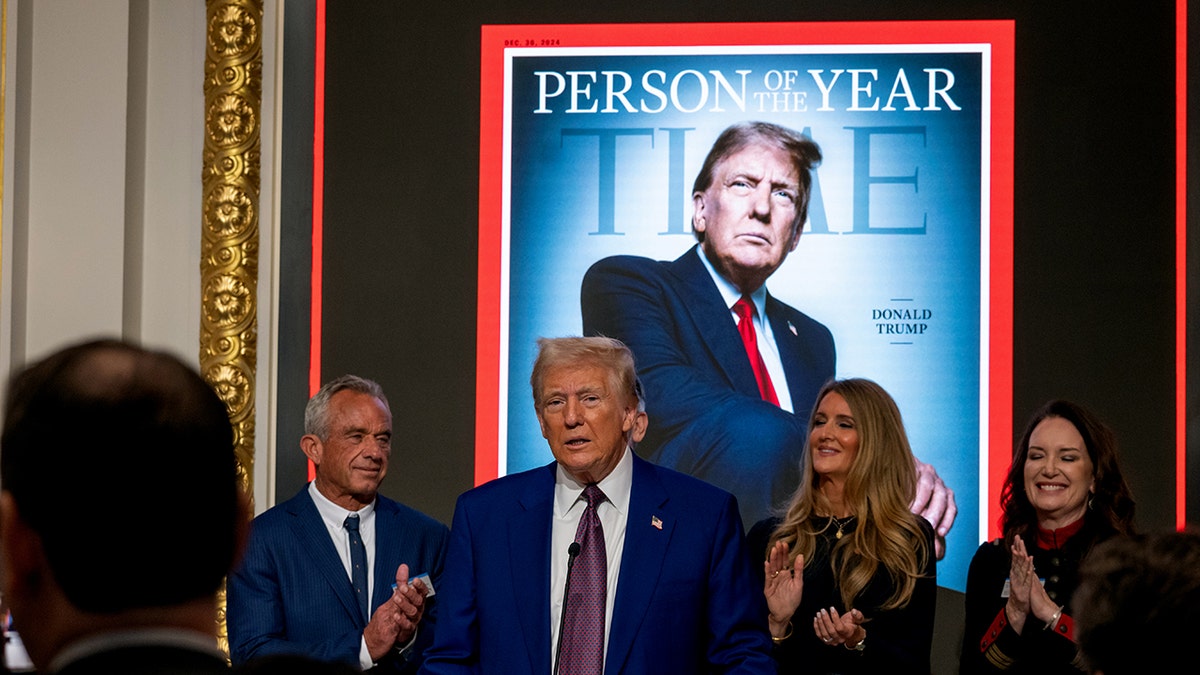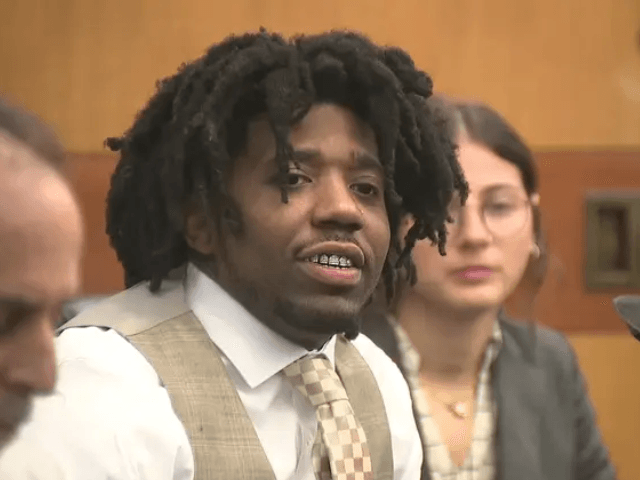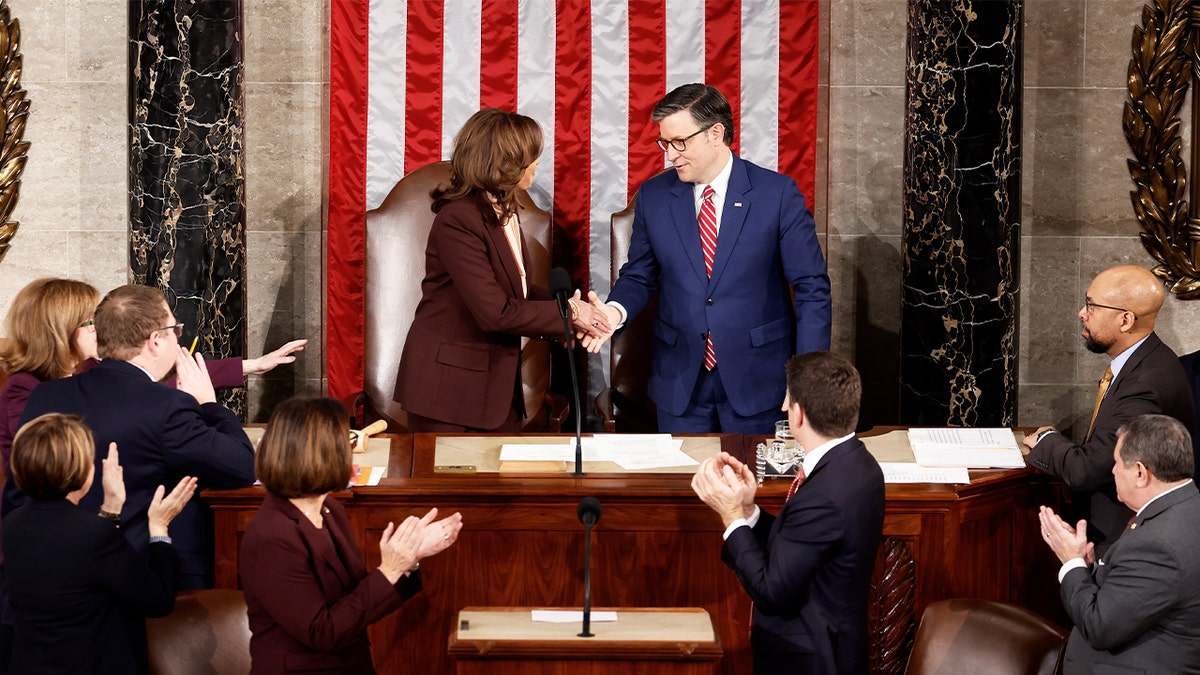A cease-fire agreement between Israel and Hezbollah, brokered by the United States, has been reached after nearly 14 months of intense fighting. President Biden announced the deal from the White House Rose Garden, emphasizing that Israel retains the right to self-defense should Hezbollah violate the terms.
Biden stressed that neither Israel, Lebanon, nor the United States initiated the conflict, highlighting the need for security solutions beyond military action. He expressed hope that the cessation of hostilities would be permanent and that Hezbollah's ability to threaten Israel's security would be significantly curtailed.
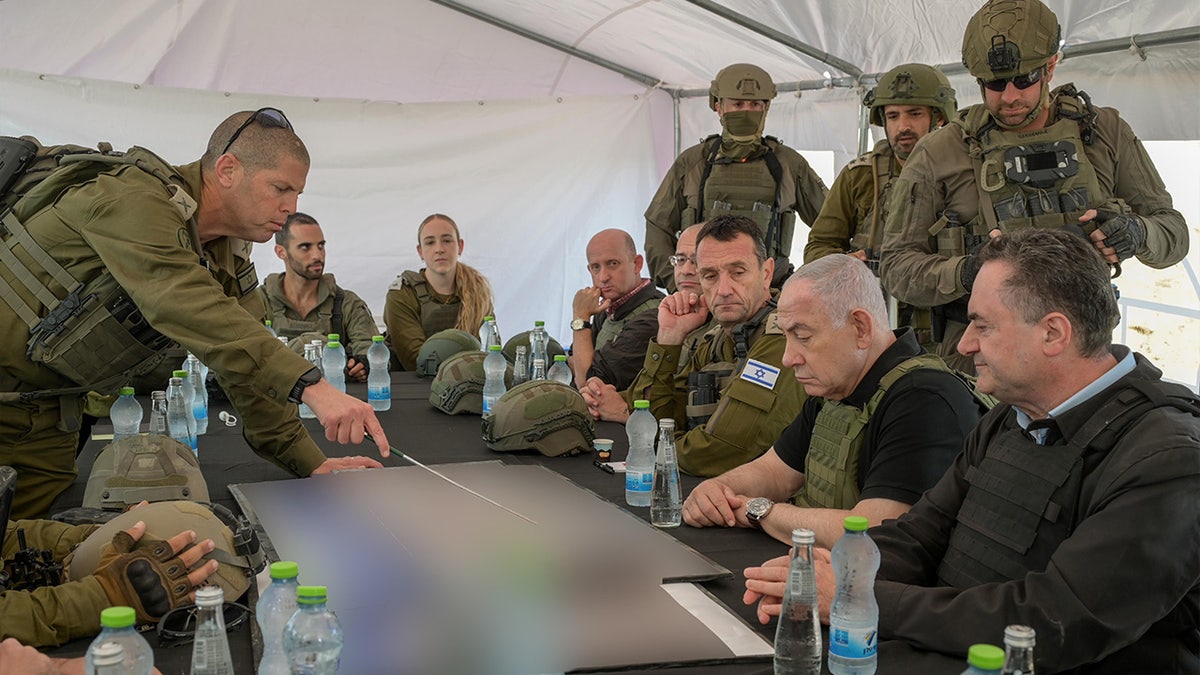
Israeli Prime Minister Benjamin Netanyahu expressed gratitude to President Biden for US involvement in securing the cease-fire, while also affirming Israel's continued freedom of action in upholding the agreement. Netanyahu's security cabinet voted overwhelmingly in favor of the deal, citing the need to focus on the Iranian threat, allow Israeli forces to regroup, and isolate Hamas in Gaza.
The conflict began with Hezbollah attacks on Israel following Hamas's October 7, 2023, assault. The ensuing fighting saw Israel target Hezbollah leadership and infrastructure. Netanyahu believes the cease-fire will enable Israel to concentrate on Hamas in Gaza and work towards the release of hostages taken in the October attack.
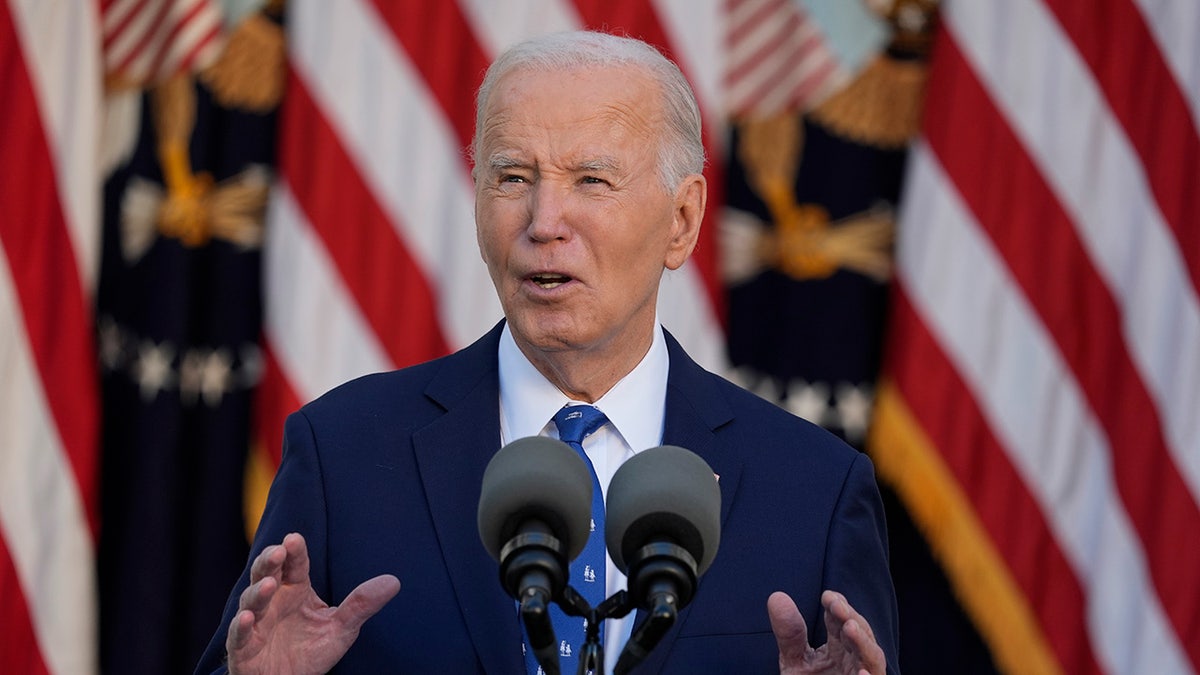
The cease-fire terms reportedly include a two-month initial period during which Hezbollah is to move its forces north of the Litani River, while Israeli forces withdraw from southern Lebanon. Lebanese armed forces will deploy to the border region within 60 days, and a five-country committee, led by the US and including France, will monitor compliance. Despite the agreement, rocket fire was reported in Israel shortly after the announcement.
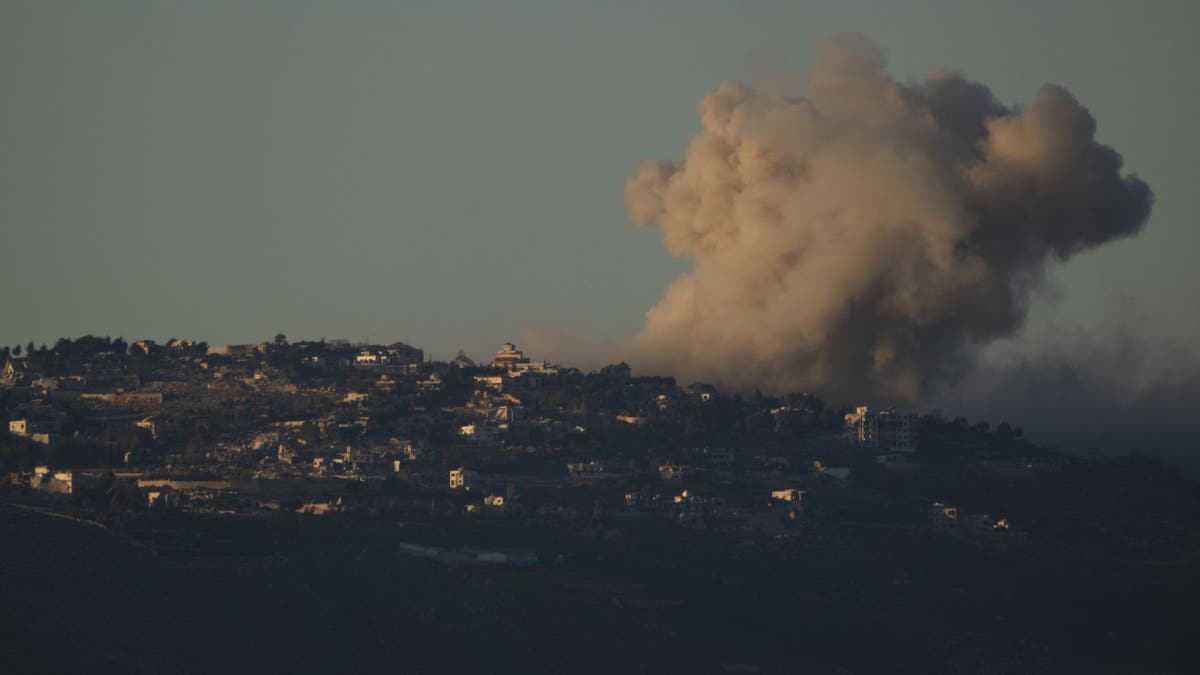
Senator Ted Cruz expressed concern over reported pressure on Israel to accept the cease-fire and criticized the characterization of Israel's obligations. He also raised concerns about the potential impact of the agreement on the incoming Trump administration.
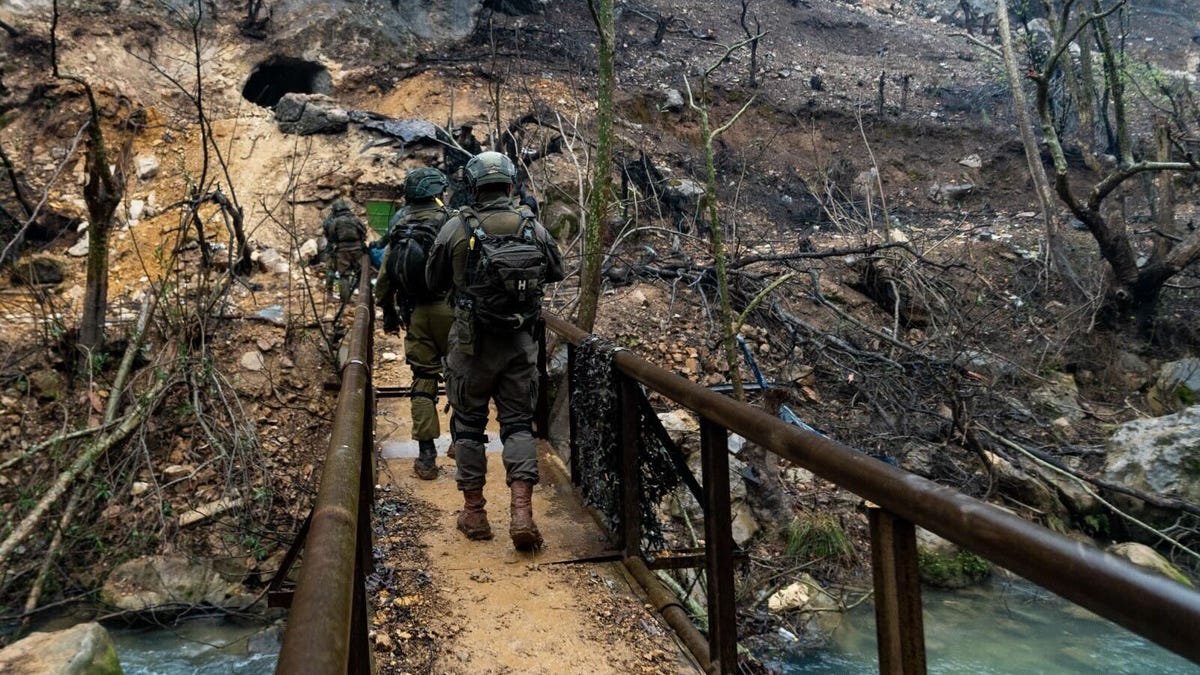
Senate Majority Leader Chuck Schumer commended the deal, highlighting its potential to allow displaced civilians to return home and strengthen Israel's security. He also emphasized the importance of Hamas releasing hostages and reaching a negotiated cease-fire.
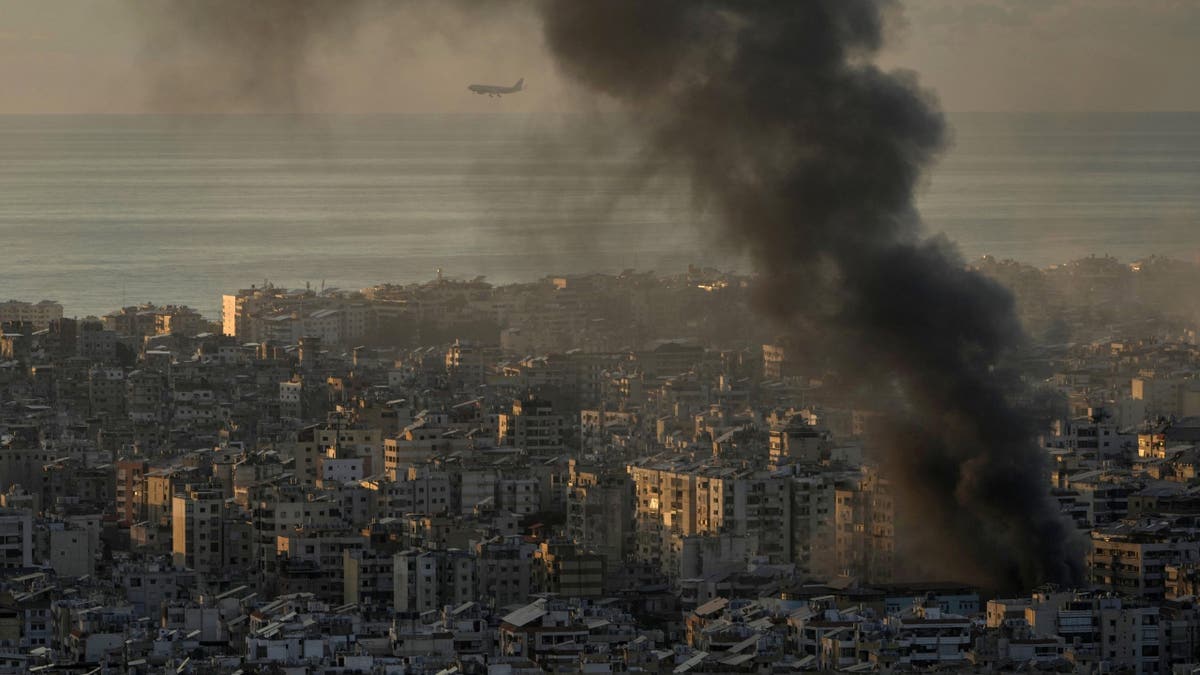
The continuing peacekeeping mission by the United Nations Interim Force in Lebanon will play a role in maintaining stability. The IDF reported reaching the Litani River, a Hezbollah stronghold, and conducting raids on terrorist infrastructure. The EU's foreign policy chief stressed the urgency of a cease-fire to prevent Lebanon's collapse. Israel's Defense Minister affirmed a zero-tolerance policy for any truce violations.

